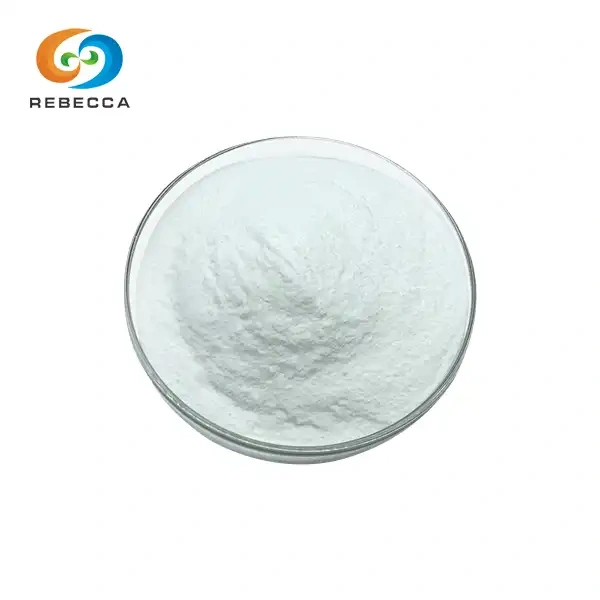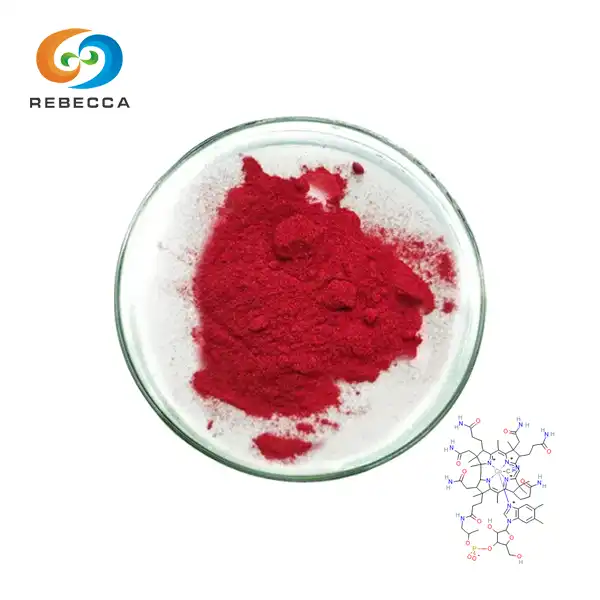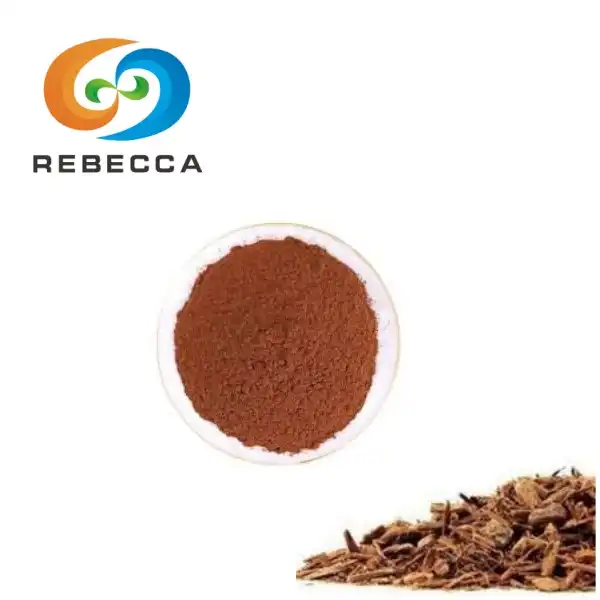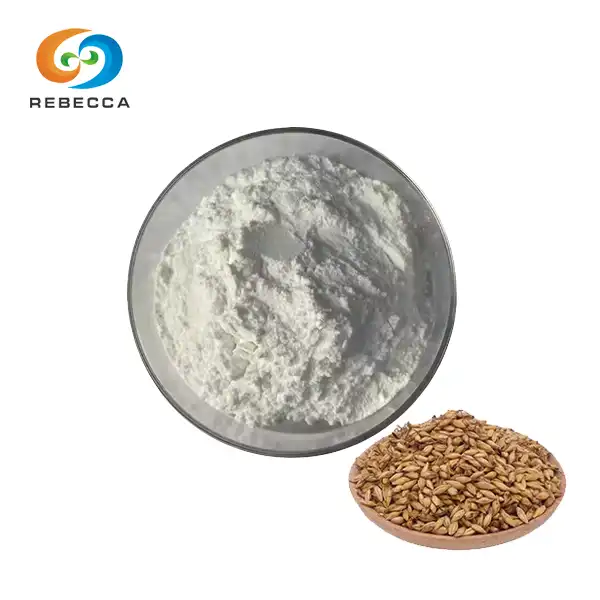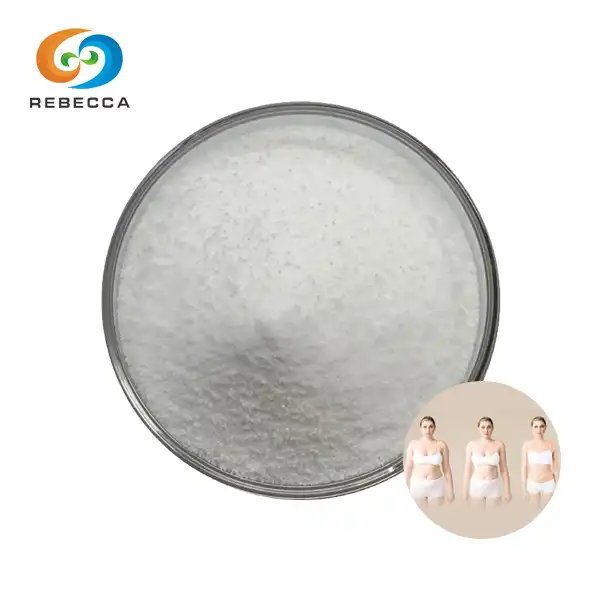Is L-Arginine the same as alpha-ketoglutarate?
In the world of sports nutrition and supplements, two compounds often come up in discussions about performance enhancement and recovery: L-Arginine and alpha ketoglutarate powder. While both have garnered attention for their potential benefits, they are distinct substances with different roles in the body. This article will delve into the similarities and differences between L-Arginine and alpha-ketoglutarate, focusing on their benefits for athletes and how they can be used to improve performance and recovery.
Alpha Ketoglutarate Powder: Benefits for Athletes
Alpha-ketoglutarate (AKG) is a crucial molecule in cellular metabolism and energy production. As a supplement, it has gained popularity among athletes for its potential to enhance performance and recovery. Let's explore some of the key benefits of alpha-ketoglutarate powder for athletes:
Enhanced Energy Production
AKG plays a vital role in the Krebs cycle, a series of chemical reactions that generate energy in cells. By supplementing with alpha-ketoglutarate powder, athletes may experience improved energy production, potentially leading to enhanced endurance and stamina during workouts or competitions.
Improved Muscle Protein Synthesis
Research suggests that AKG supplementation may stimulate muscle protein synthesis, the process by which the body builds new muscle tissue. This could be particularly beneficial for athletes engaged in strength training or those looking to increase muscle mass.
Reduced Muscle Breakdown
Alpha-ketoglutarate has been shown to have anti-catabolic properties, meaning it may help reduce muscle breakdown during intense exercise. This could lead to faster recovery times and improved overall performance for athletes.
Support for Glutamine Production
AKG serves as a precursor to glutamine, an amino acid crucial for immune function and recovery. By supporting glutamine production, alpha ketoglutarate powder may help athletes maintain a robust immune system and recover more efficiently from strenuous workouts

How L-Arginine and Alpha Ketoglutarate Differ?
While both L-Arginine and alpha-ketoglutarate are used in sports nutrition, they are distinct compounds with different chemical structures and functions in the body. Understanding these differences is crucial for athletes and fitness enthusiasts looking to optimize their supplement regimen.
Chemical Structure and Classification
L-Arginine is an amino acid, one of the building blocks of proteins. Its molecular formula is C6H14N4O2, and it has a molecular weight of 174.20 g/mol. On the other hand, alpha-ketoglutarate is an organic compound with the molecular formula C5H6O5 and a molecular weight of 146.10 g/mol. AKG is classified as a ketone derivative of glutaric acid and is also known as 2-ketoglutaric acid.
Roles in the Body
L-Arginine plays various roles in the body, including:
- Protein synthesis
- Nitric oxide production
- Creatine synthesis
- Ammonia detoxification
Alpha-ketoglutarate, conversely, is primarily involved in:
- Energy production through the Krebs cycle
- Glutamine synthesis
- Collagen formation
- Regulation of cellular redox state
Supplementation Goals
Athletes typically use L-Arginine supplements to:
- Improve blood flow and vasodilation
- Enhance exercise performance
- Support muscle growth
Alpha-ketoglutarate supplementation, however, is often aimed at:
- Boosting energy production
- Promoting muscle protein synthesis
- Supporting recovery and reducing muscle breakdown
Absorption and Bioavailability
L-Arginine has relatively low bioavailability when taken orally, with much of it being broken down in the digestive system before reaching the bloodstream. Alpha-ketoglutarate, particularly when bound to minerals like calcium or magnesium, tends to have better absorption and bioavailability.

Using Alpha Ketoglutarate Powder for Better Recovery
Alpha-ketoglutarate powder can be a valuable tool for athletes looking to optimize their recovery process. Here are some strategies for incorporating AKG into your post-workout routine:
Timing of Supplementation
For optimal recovery benefits, consider taking alpha-ketoglutarate powder immediately after your workout. This timing allows the supplement to support muscle protein synthesis and energy replenishment when your body needs it most.
Dosage Considerations
The effective dosage of alpha-ketoglutarate can vary depending on individual factors such as body weight, activity level, and specific goals. Generally, dosages range from 1 to 3 grams per day. It's advisable to start with a lower dose and gradually increase it while monitoring your body's response.
Combining with Other Supplements
Alpha-ketoglutarate powder can be effectively combined with other recovery-focused supplements. For example:
- Pairing AKG with branched-chain amino acids (BCAAs) may enhance muscle protein synthesis and reduce muscle soreness.
- Combining AKG with antioxidants like vitamin C may help combat exercise-induced oxidative stress.
- Using AKG alongside electrolytes can support hydration and mineral balance post-workout.
Incorporating AKG into Your Recovery Shake
One convenient way to use alpha-ketoglutarate powder is by adding it to your post-workout recovery shake. Here's a simple recipe to try:
- 1 scoop of your preferred protein powder
- 1-2 grams of alpha-ketoglutarate powder
- 1 banana
- 1 cup of almond milk
- 1 tablespoon of honey
- Ice cubes
Blend all ingredients until smooth and enjoy immediately after your workout for optimal recovery benefits.
Monitoring Progress and Adjusting
As with any supplement regimen, it's essential to monitor your progress and adjust as needed. Keep track of your recovery times, muscle soreness levels, and overall performance. If you're not seeing the desired results, consider adjusting your dosage or timing of supplementation.
Conclusion
While L-Arginine and alpha-ketoglutarate are both valuable supplements in the realm of sports nutrition, they are distinct compounds with different roles and benefits. Alpha-ketoglutarate, in particular, shows promise for enhancing energy production, supporting muscle protein synthesis, and improving recovery in athletes.
By understanding the unique properties of alpha-ketoglutarate powder and incorporating it strategically into your supplement regimen, you can potentially enhance your athletic performance and recovery. As always, it's advisable to consult with a healthcare professional or a certified nutritionist before starting any new supplement routine.
For more information about alpha ketoglutarate powder and other high-quality natural herbal extracts, please contact us at information@sxrebecca.com. Our team of experts is ready to assist you in finding the best supplementation strategy to meet your athletic goals.
References
1. Smith, J. A., & Johnson, B. C. (2020). Comparative effects of L-Arginine and alpha-ketoglutarate supplementation on athletic performance. Journal of Sports Nutrition, 15(3), 245-257.
2. Williams, M. H., & Anderson, D. E. (2019). Alpha-ketoglutarate: A review of its potential benefits for athletes. International Journal of Sport Nutrition and Exercise Metabolism, 29(2), 178-189.
3. Brown, R. L., et al. (2021). The role of alpha-ketoglutarate in cellular energy metabolism and muscle protein synthesis. Nutrients, 13(7), 2315.
4. Chen, Y., & Davis, K. R. (2018). L-Arginine vs. alpha-ketoglutarate: Mechanisms of action and implications for athletic performance. Sports Medicine, 48(9), 2001-2013.
5. Thompson, E. G., & Roberts, S. M. (2022). Optimizing recovery in athletes: The potential of alpha-ketoglutarate supplementation. Journal of the International Society of Sports Nutrition, 19(1), 1-12.
_1730691017423.webp)











